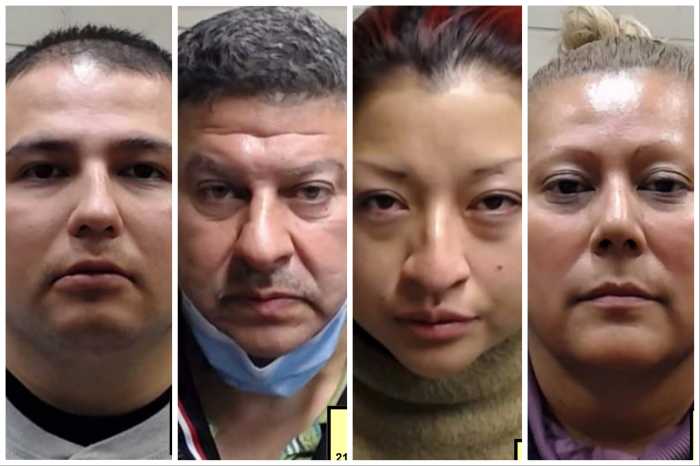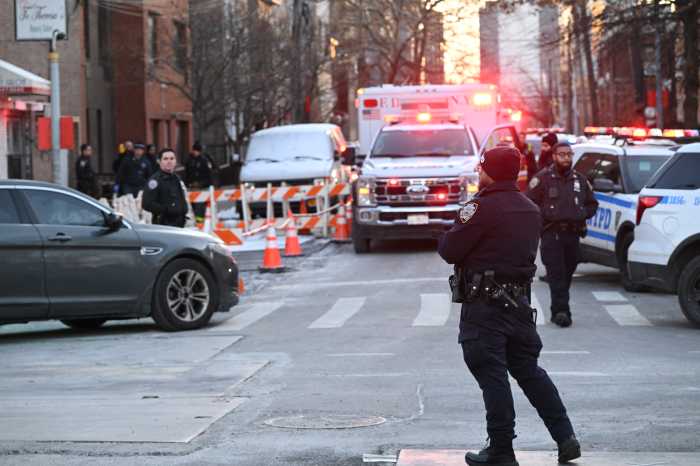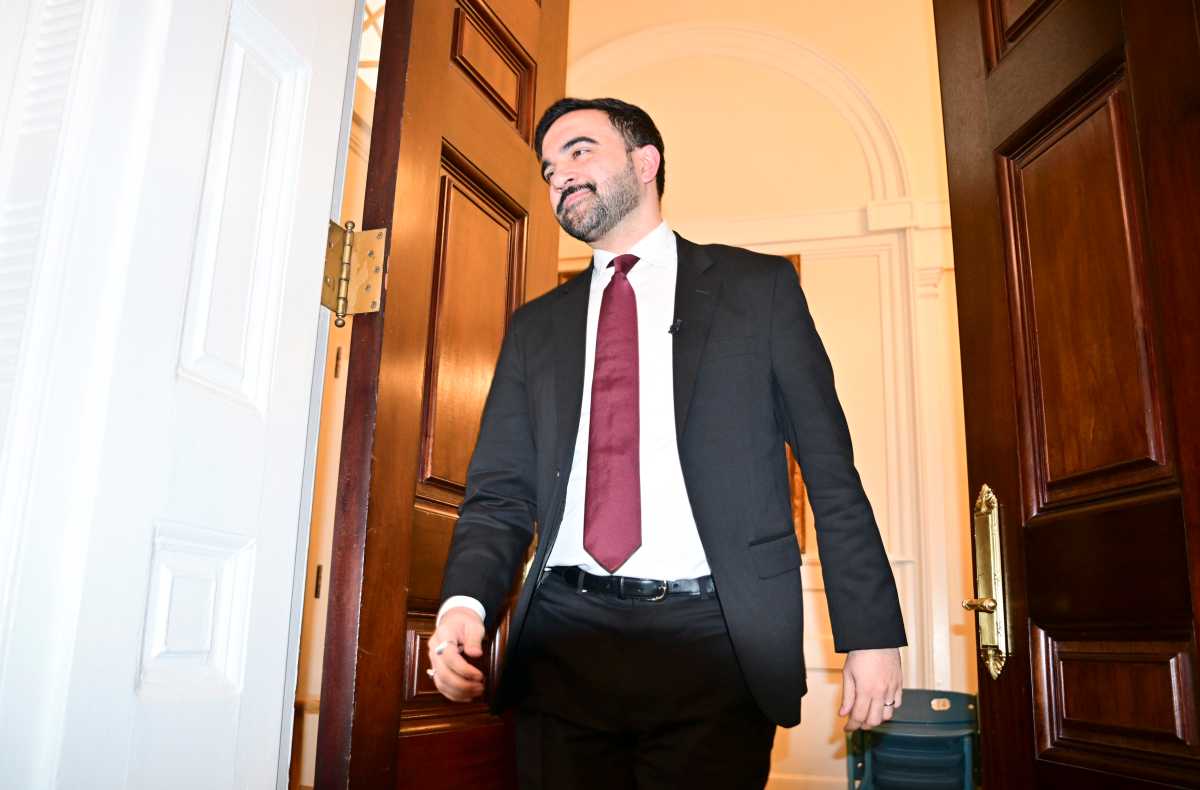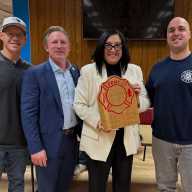A Bellerose man is criminally charged with grand larceny and other crimes for depositing stolen and bogus checks totaling more than $40,000 into his bank account.
In July, a Forest Hills resident noticed unauthorized transactions on his credit card account and discovered checks diverted before he even received them in the mail, Queens District Attorney Melinda Katz announced on Wednesday. The Forest Hills man filed a complaint with Congresswoman Grace Meng’s office, which was then referred to the DA’s office leading to an investigation that revealed other victims and the arrest of the alleged perpetrator.
Eduardo Soto, 42, of 241st Street in Bellerose, was arraigned on March 27 on a 32-count criminal court complaint charging him with six counts of grand larceny; six counts of criminal possession of stolen property; eight counts of criminal possession of a forged instrument and other crimes.
“With the help of Congresswoman Grace Meng, the U.S. Postal Inspection Service and the NYPD, we were able to identify the defendant to hold him accountable for the serious charges against him,” Katz said. “We will continue to aggressively prosecute fraudsters and work to educate the public on how to defend against these predators.”
Meng has repeatedly called on the U.S. Postal Service to do more to combat chronic mail theft that has plagued her constituents for years.
“I thank Queens District Attorney Katz for taking action after my office referred the initial complaint to her office.,” Meng said. “I also thank the USPIS and NYPD for their work in investigating this case and discovering that other constituents were victims as well.”
According to the charges, in July 2023, a 72-year-old Forest Hills man noticed two unauthorized convenience check transactions posted to his Mastercard account for $4,850 and $1,980. The blank checks were mailed to him by the credit card company for his potential use, but he never received them, nor did he authorize anyone else to cash them. The deposited checks were made payable to Eduardo Soto and purportedly signed by the victim. They were deposited into a Wells Fargo checking account belonging to Soto.
In another case, a 92-year-old Forest Hills resident, who had been waiting to receive a supply of checks in the mail, noticed checks for $950, $8,500, and $4,750 made payable to Soto, with his own signature forged, and cashed against his account.
Another victim, a 29-year-old Rego Park man, was awaiting a supply of checks from an investment account that he never received in the mail. He noticed two unauthorized checks made payable to Soto with his own purported signature posted to his account for $9,869 and $4,500.
Another victim, a 54-year-old Elmhurst woman, noticed a convenience check for $4,800 made out to Soto, with her signature forged, that would have cashed against her TD Bank credit card account.
Video footage shows Soto making deposits into his Wells Fargo account on dates matching the deposits of checks from at least two of the victims. Other checks were mobile deposited.
“Criminals who steal mail to commit identity theft and check fraud violate the trust the American people place in the Postal Service and threaten the financial health of our communities,” USPIS New York Division Inspector in Charge Daniel B. Brubaker said. “The arrest of Eduardo Soto is a win for the people of Queens, as he allegedly negotiated thousands of dollars in stolen checks for his own personal gain.”
He added that postal inspectors will continue to work with the Queens DA’s office and the NYPD “to bring individuals who steal mail and prey on our communities swiftly to justice.”
Soto faces up to seven years in prison if convicted. Queens Criminal Court Judge ordered him to return to court on May 13.
“Mail theft and stealing checks are despicable crimes and an issue that I have worked to combat,” Meng said. “This arrest will help with our continuing efforts to address the problem and make clear that these types of theft and fraud are unacceptable and will not be tolerated. I look forward to justice being served in this case.”


































